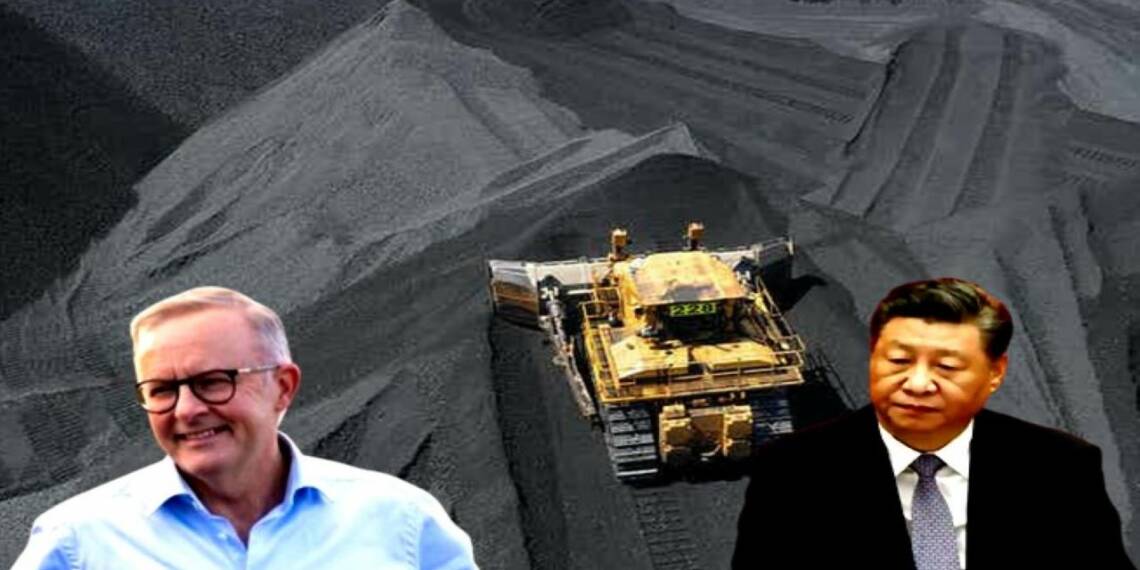The world has seen through the CCP’s expansionist policies and is now treading carefully. China, through its Belt and Road Initiative (BRI), has been trying to influence developing nations by forwarding investments and infrastructural technology, whose benefits then flow back to the Chinese mainland, thereby leaving the invested nations in despair and struggling from a severe debt trap.
However, rising economies such as Australia and Indonesia tread carefully while doing business with China. China banned Australian coal imports in 2020 after Canberra demanded an investigation into the origins of COVID-19. Australia, a major coal exporter was quickly pulled out of the crisis by China’s biggest regional rival India.
Read More: Australia couldn’t kick China out of the Darwin port, so it’s killing the port altogether
China looking for alternatives
You see, China, a manufacturing giant, cannot fulfil its coal needs indigenously and is dependent on imports to fuel large-scale development and electricity production.
Russia, an exporter of coal, has been one of the largest suppliers to China but Chinese power plants and steelmakers have reportedly been told to hunt for alternatives to Russian coal, amid widening sanctions on Moscow for its military operation in Ukraine.
Indonesia emerged as an alternative to Australian and Russian coal. However, Indonesian officials recognised Beijing’s vulnerability and are making every effort to capitalise on the unfavourable situation that China is currently in.
Earlier, Indonesia had paused coal exports in January, only to resume them a month after. The move had caused widespread panic in China, which has been reeling under a coal and power crisis ever since it stopped importing Australian coal.
Now, coal miners in Indonesia are preparing for potential new curbs on exports. According to Bloomberg, new restrictions on overseas sales are possible in August.
China is all set to woo Australia
Make no mistake, China is possibly regretting its decision to ban Australian coal imports. Production has been low due to COVID with China facing record low GDP growth. In order to pick up growth, China would need energy sources. The CCP cannot risk buying from Moscow amid sanctions and its trade with Indonesia is subject to the irregularity of supply.
Russia made up 14% of China’s total coal imports last year due to increased demands and throttled supplies from Australia. In the present scenario, Russia needs to divert at least 38% of its total coal production to China, to mitigate the impact of western sanctions, something that seems impractical. Therefore, it would be safe to assume a possible Chinese interest in Australian coal in the coming days.
Read More: Indonesia’s coal export ban is a blessing for Russia and a curse for China
Even if China succeeds in sourcing coal from countries like Mongolia and South Africa, it would still need partners like Australia to supply it with high-quality Coking coal. Australia has already experienced Chinese aggression when China’s Landbridge Group took over the Port of Darwin’s commercial operations under a 99-year lease in 2015.
The Australians soon understood the need to tread carefully with China and accordingly increased their participation in anti-China alliances like QUAD. Plans to build an alternate port in Darwin to legally suspend the significance of the Chinese-owned port are also in talks. Trying to procure coal from Australia would therefore be a herculean task for China.







